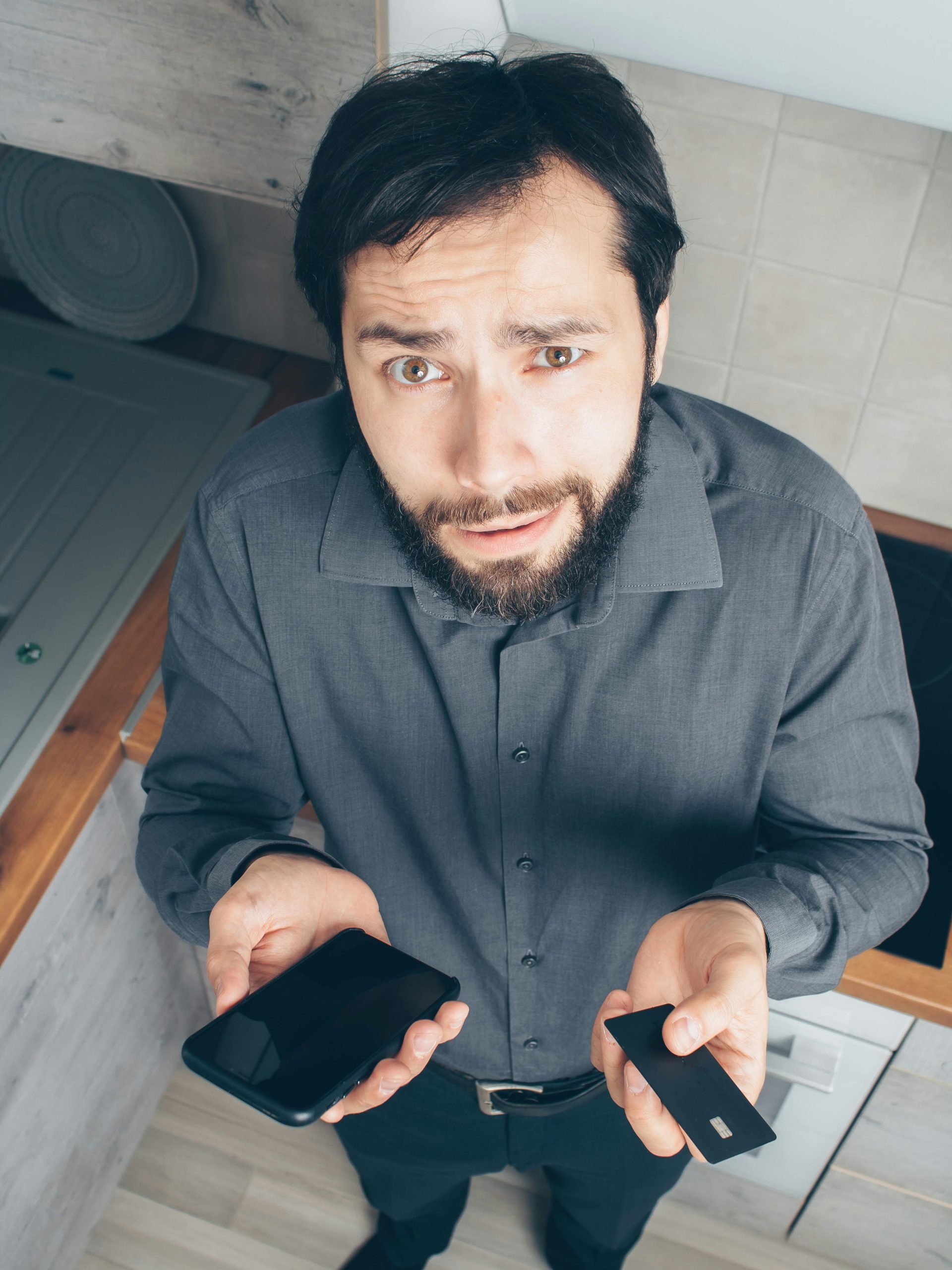In today’s digital age, smartphones are an extension of our lives, storing everything from personal photos to sensitive financial data. Unfortunately, this makes them prime targets for hackers. Cybercriminals are constantly evolving their tactics, making it crucial to stay ahead with robust security measures. Whether you use an Android or iPhone, following these essential tips will help keep your phone secure from hackers.
1. Use Strong Passwords and Biometric Locks
The first line of defense for your phone is a strong lock screen. Avoid simple passcodes like “1234” or “0000,” as these are easily guessable. Instead, opt for:
- A complex alphanumeric password with a mix of letters, numbers, and symbols.
- Biometric authentication, such as fingerprint or facial recognition, which adds an extra layer of security.
Additionally, enable auto-lock on your device to ensure it locks after a short period of inactivity. This prevents unauthorized access if your phone is left unattended.
2. Keep Your Software Updated
Software updates aren’t just about new features—they often include critical security patches that fix vulnerabilities hackers could exploit. Here’s how to stay protected:
- Enable automatic updates for your operating system (iOS or Android) and apps.
- Regularly check for updates manually if automatic updates are disabled.
- Avoid using outdated operating systems that no longer receive security updates.
Cybercriminals often target known vulnerabilities in older software versions, so staying updated is one of the easiest ways to protect your device.
3. Be Cautious with App Permissions
Many apps request unnecessary permissions that could compromise your privacy. For example, a flashlight app shouldn’t need access to your contacts or location. Follow these steps to manage app permissions:
- Review permissions before installing an app—only grant access to what’s necessary.
- Regularly audit app permissions in your phone’s settings and revoke any that seem excessive.
- Download apps only from official stores like Google Play or the Apple App Store to avoid malware.
If an app behaves suspiciously after installation, uninstall it immediately.
4. Avoid Public Wi-Fi for Sensitive Activities
Public Wi-Fi networks, such as those in cafes or airports, are often unsecured and can be hotspots for hackers. To protect your data:
- Avoid logging into banking apps or entering passwords while connected to public Wi-Fi.
- Use a Virtual Private Network (VPN) to encrypt your internet traffic and hide your online activity.
- Turn off Wi-Fi and Bluetooth when not in use to prevent automatic connections to untrusted networks.
If you must use public Wi-Fi, stick to websites with HTTPS encryption (look for the padlock icon in the address bar).
5. Enable Remote Tracking and Wiping
Losing your phone is bad enough, but if it falls into the wrong hands, your data could be at risk. Set up remote tracking and wiping features to safeguard your information:
- For iPhones, enable Find My iPhone in your iCloud settings.
- For Android devices, activate Find My Device through your Google account.
These tools allow you to locate your phone, lock it remotely, or even erase all data if recovery isn’t possible. This ensures your personal information doesn’t end up in the wrong hands.
Conclusion
Securing your phone from hackers doesn’t require advanced technical skills—just consistent habits and awareness. By using strong passwords, keeping software updated, managing app permissions, avoiding risky Wi-Fi networks, and enabling remote security features, you can significantly reduce the risk of a breach. Remember, your phone holds a treasure trove of personal data, so taking these precautions is well worth the effort. Stay vigilant, and keep your digital life safe!
